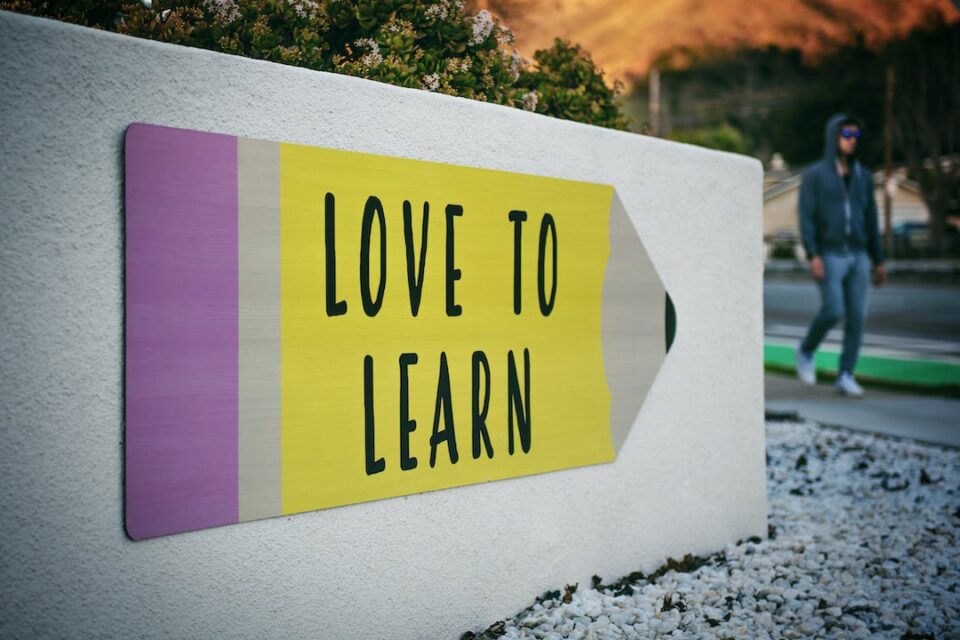The Impact of Social Media on Education
Social media has drastically transformed various aspects of modern life, and education is no exception. With the advent of platforms like Facebook, Twitter, Instagram, and Snapchat, students across the world are continually engaging with each other and the world around them, often in ways that were unimaginable just a few decades ago. While there is a debate on whether these changes are positive or negative, it is undeniable that social media has had a significant impact on education.
One of the most evident ways social media has influenced education is in terms of communication. In the past, students had to rely primarily on face-to-face interactions or email to communicate with their peers and teachers. Today, with platforms like Facebook and Twitter, students can instantly connect with each other, exchange ideas, and seek help or feedback from their classmates. This enhanced communication not only fosters collaboration but also allows students to learn from a diverse range of perspectives.
Furthermore, social media platforms have become valuable tools for educators to engage with their students. Teachers can use platforms like Twitter or Instagram to share additional resources, promote discussion, and provide updates on assignments and deadlines. This allows for a more interactive and dynamic learning environment, enhancing students’ engagement and motivation. Additionally, social media can be used as a platform for students to showcase their creative work, fostering a sense of pride and accomplishment.
Another important impact of social media on education is the potential for self-directed learning. Social media platforms are full of educational content, from YouTube tutorials to educational blogs and podcasts. This provides students with a wealth of knowledge and resources that they can access whenever they desire. By using social media for education, students have the ability to personalize their learning experience and pursue topics that they find interesting or relevant to their lives. This autonomy and flexibility can greatly enhance student engagement and motivation for learning.
Furthermore, social media has opened up avenues for global collaboration and learning. Students can connect with peers from different countries and cultural backgrounds, allowing for a diverse exchange of ideas and perspectives. This exposure to different cultures and worldviews can help students develop a global mindset and appreciate diversity. It can also provide them with opportunities for collaborative projects, where they can work together with students from other parts of the world on common goals and projects.
However, despite these positive impacts, there are also concerns surrounding the use of social media in education. One major concern is the potential for distraction. With a constant stream of notifications and updates, it is easy for students to get sidetracked from their studies. Therefore, it is essential to teach students how to use social media responsibly and develop self-regulation skills to ensure that they use it efficiently and effectively for educational purposes.
Another concern is the issue of privacy and cyberbullying. Social media platforms can sometimes expose students to cyberbullying, leading to negative emotional and psychological impacts. Educators and parents need to work together to create a safe and supportive environment for students as they navigate the online world.
In conclusion, social media has had a significant impact on education, transforming the way students communicate, learn, and collaborate. It offers new opportunities for self-directed learning, global collaboration, and engagement. However, it is crucial to address the potential challenges and risks associated with its use. By educating students on responsible social media use and creating a supportive environment, we can harness the power of social media to enhance the educational experience and prepare students for the rapidly changing digital world.


